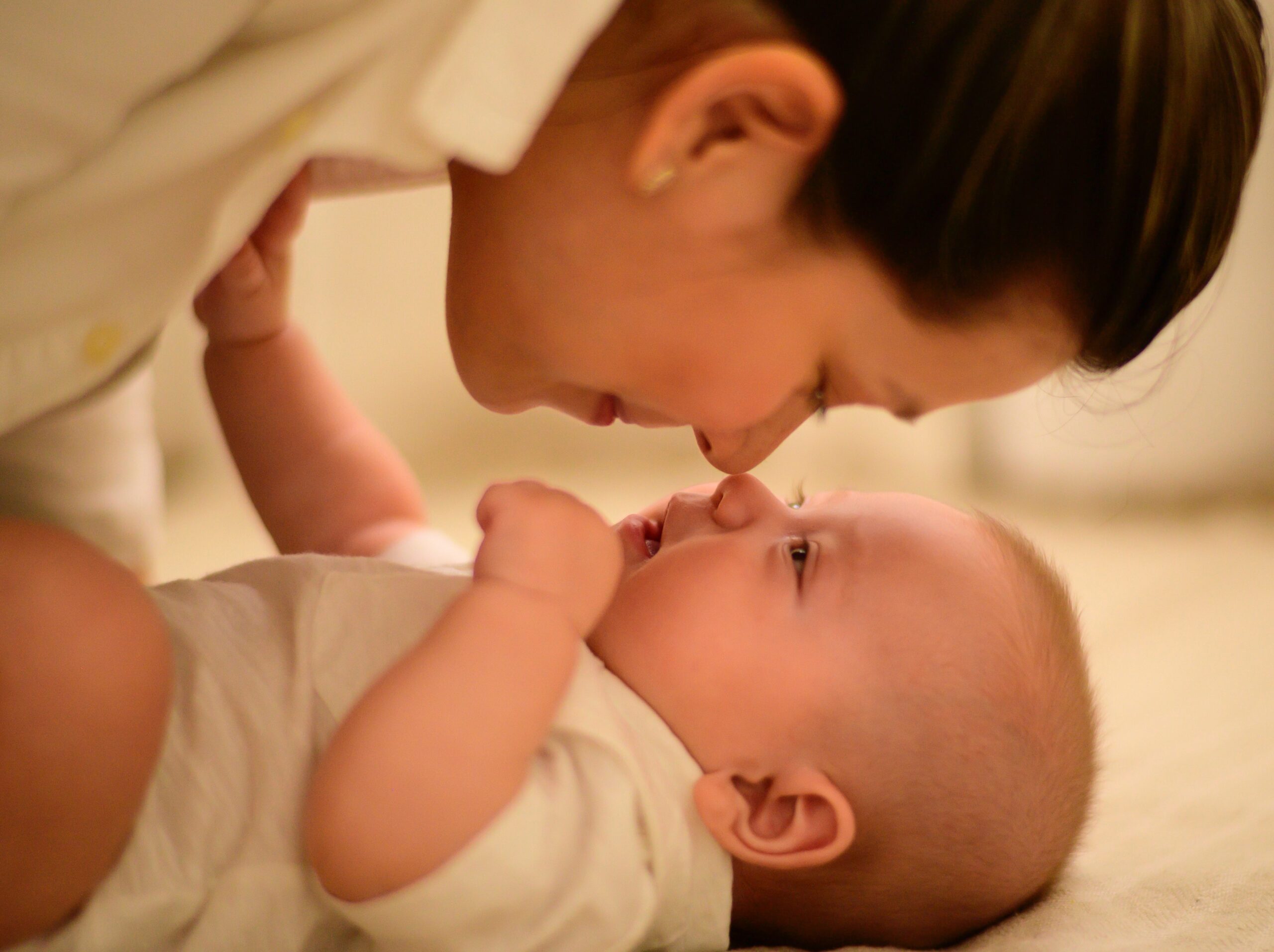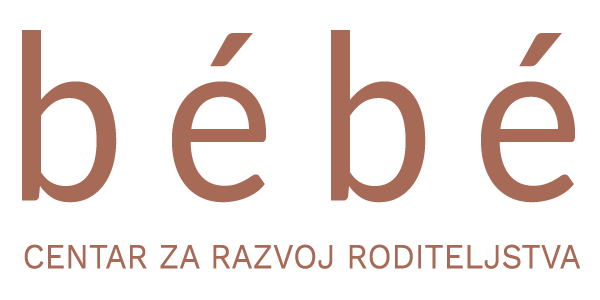- PROMOTIONAL OFFER: BABY TOWEL FREE WITH EVERY REGISTRATION UNTIL THE END OF JUNE! The offer is valid until June 30, 2022.
Maternal instinct - truth or myth?
I f becoming a mother is so primordially natural, why does it cause some of us a real tsunami and spend more or less time arousing our maternal instinct?
There is a lot of talk about pregnancy, preparations for childbirth go through in detail until the moment of T, but there is little talk about what comes after that, and it lasts for more than 9 months.
Especially if this is your first child, it is very likely that you have read everything you can about pregnancy, childbirth and possibly breastfeeding, you have bought all the necessary (and less necessary) baby equipment. Day D has finally come and after so much waiting and preparation, you have heroically applied everything from the birth preparation course and seen the most beautiful creature in this world. Wondering how it is possible that you two created something so perfect ?!
The next question is: "So what are we going to do now?" In this world of execution, it is very easy to fall into a whirlwind of advice, which is given to you (in good faith) by everyone - from a shop assistant, a sister-in-law, your mother, an experienced friend or even a casual passer-by in the park. And you are just in the process of discovering your own maternal instinct, which peeks out, but then again hides deep behind the insecurity and guilt that each of these tips arouses. Sometimes a player from your parenting team clumsily manages to arouse some strange insecurity, and that in a woman who may have performed very confidently and confidently at one of the business events just a few months ago, before she went to the maternity hospital.
It is clear that there are conditions that allow early arousal of maternal instinct through the development of secure emotional attachment of mother and baby, but during pregnancy when the mother begins to feel the baby's movements, and after birth through early contact "skin to skin", breastfeeding that stimulates oxytocin or massage which, in addition to releasing this "love hormone", also reduces the level of cortisol ("stress hormone") in the mother and baby.


There are also circumstances that prevent the arousal of maternal instinct, such as difficult childbirth (or childbirth that was different from the desired) where the child could not be with you immediately after birth, difficult breastfeeding (if breastfeeding was desired), postpartum depression or simply hard to get used to the new way of life of the threesome (if this is your first child).
These feelings of "disconnection" with the child are normal and it is a pity that they are still taboo in society. This is due to the social pressure that says that a mother should instinctively and immediately connect with her child in order to be available to give him everything he needs immediately. Feelings of guilt and shame that you feel then, if you have not yet built such a feeling with your baby, discard it because it is not yours. Focus on how you are! How's mom? This is a question we rarely ask with the arrival of a baby. Be kind to yourself and seek support! In this way, by improving your emotional state, you are actually doing good to both the baby and the whole family.
And finally, what is the conclusion - does that maternal instinct really exist? Even research cannot confirm it with certainty, but the moment you feel it, you will know that it is there forever, even though it may not have been delivered to you at the time of birth with instructions for use. There are mothers to whom this was really the case and they felt it very soon after giving birth, but there are also a lot of those who had to look for it in themselves. And they found him! And now they feel very sovereign and know what is best for their child, themselves, and their family. Just be careful, now remember the whirlwind of advice and don't fall into the trap - talk to a friend who is a new mom, ask her open questions, be supportive, but then let her find her own way because every mother's path is different and completely unique.


